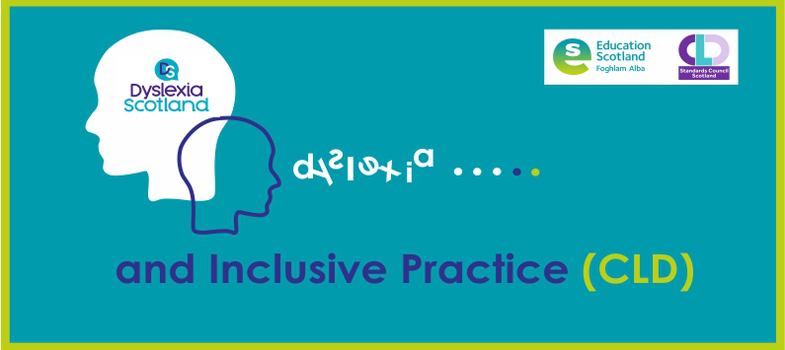CASE STUDY 1: John
How did you initially engage with the individual requiring support?
This person was attending a bowling club and was a member of its committee. Through my work in the community this individual became aware of CLD and eventually asked if I could help.
How did you become aware of their support needs?
When I was doing his initial interview and discussing his learning plan, some things he disclosed about his reading and writing made me feel the need to investigate further. He said he gets anxious about reading. He couldn’t spell. His handwriting was terrible, “like a child’s” . He couldn’t help with his children’s homework and his wife had to handle all household bills. He loved to bowl and was a member of his local bowling club. He was voted on to the committee but every time they had a meeting, he was petrified he would be asked to write, read or take the lead on something. He was physically sick before every meeting. He did not tell anyone about his reading and writing concerns. Eventually the stress got too much for him and he resigned from the committee.
What support did you put in place?
I started to ask him questions like,
“what do you see when you read?”
“what do the words look like to you?”
“how do your eyes feel when you are reading?”
“do you remember what you have read?”
By taking the time to listen, it became a lot easier for him to talk to me. He said the words moved around the page. Sometimes there were funny lines down the middle of a page. His eyes sometimes hurt if he tried to read to hard. Because he couldn’t read properly, it could make him angry and frustrated. He wouldn’t try to read as it made him feel stupid. Once he started to disclose how he felt, I was able to explain to him about dyslexia and how dyslexia can often impact on everyday life in this way. I could not tell him that he was dyslexic but reassured him that there are people who could help him work on strategies to improve his reading and writing. The main focus for my role at this point was to listen.
Where did you get support?
I was able to get him support through our local adult literacy and numeracy service. This service is free and open to anyone regardless of whether they have a formal assessment indicating dyslexia.
What was the outcome/impact?
By referring him to the service, he was supported by a 1:1 worker who was trained in dyslexia and the use of dyslexic friendly resources. He was guided through the colour acetate range and got access to the colour which suited him best. This made a huge impact on his reading straight away. The words stopped moving and the lines down the page disappeared. He found he could concentrate better. He attended classes weekly and gained in confidence week on week. He also asked his wife to work with him at home. He became a lot calmer and less frustrated. Over a couple of months, he went back to the bowling club, got back onto the committee, happy to explain about his dyslexia and how he needed some extra time to write things down. The impact of accessing literacy support changed his life. He is now happy to help his children with homework and deal with some of the household mail. He no longer sees himself as being unintelligent.
3.5 Case studies from CLD practitioners
